Cystitis is an infection of the bladder that develops when the bladder gets inflamed. Telltale signs of this medical condition are frequent need to urinate, urge to urinate even after emptying the bladder, cramping in the back or abdomen, and pungent smell of urine.
Cystitis (bladder infection) is the most common type of urinary tract infection. An estimated 8.1 million visits are scheduled yearly to address this issue.
Bladder infections are a common medical condition and usually affect women. According to the research, 40 to 60% of women develop at least one bladder infection during their lifetime![]() . And 20 to 40% of women who had bladder infections are likely to experience it again.
. And 20 to 40% of women who had bladder infections are likely to experience it again.
As for men, urinary tract infections are not that common, affecting approximately 3% of men yearly. The significant difference in UTI cases between men and women stems from human anatomy – a woman's urethra is shorter than a man's. Hence, the bacteria has a shorter path to travel to reach the bladder.
Most cases of cystitis are uncomplicated and can be treated with a course of antibiotics prescribed by a healthcare professional. However, If left untreated, a bladder infection can lead to more serious complications, such as a kidney infection![]() . Kidney infections can be more severe and may require more intensive medical intervention.
. Kidney infections can be more severe and may require more intensive medical intervention.
It's essential to seek medical attention if you suspect cystitis, especially if you experience persistent or severe symptoms. If you have recurrent episodes of cystitis, your healthcare provider may recommend further investigation to determine any underlying causes or contributing factors.
Doctors classify cystitis based on what caused it. There are five types: bacterial, foreign body, radiation, drug-induced, and chemical cystitis.
Cystitis usually develops due to bacterial infection. Typically, escherichia coli (E. coli) bacteria are responsible for the disease, but other bacteria may cause it too.
Bacterial cystitis usually develops when the bacteria enter the urinary tract and reach the urethra, where they grow in number. Addressing the infection as soon as possible is vital to prevent it from spreading to the kidneys.
Using a catheter, a tube used to drain urine from a bladder, for a long time increases the risk of tissue damage and bacterial infections, which can result in cystitis.
Cystitis may also develop due to radiation therapy. This form of treatment is used to eliminate cancer cells. However, it may also kill healthy cells and damage tissue, leading to bladder inflammation.
Some drugs, including c**************e and i********e, used in chemotherapy, may cause bladder inflammation. This type of cystitis develops because medications may irritate the bladder when they exit the body with urine.
You may develop chemical cystitis if you are sensitive to certain chemicals in hygiene products. Such products include bubble baths, spermicidal jellies, diaphragms with spermicide, and feminine hygiene sprays. Your body may respond to these with an allergic reaction, potentially leading to bladder inflammation.
Cystitis rarely affects healthy men. Women have short urethra, making it easier for bacteria to reach the bladder and cause an infection. In addition, the following factors increase the risk of developing cystitis:

The most common symptoms of cystitis are as follows:
More symptoms may develop if a bladder infection spreads to the kidneys. These usually include:
Kidney infection is a severe condition and requires immediate medical attention.
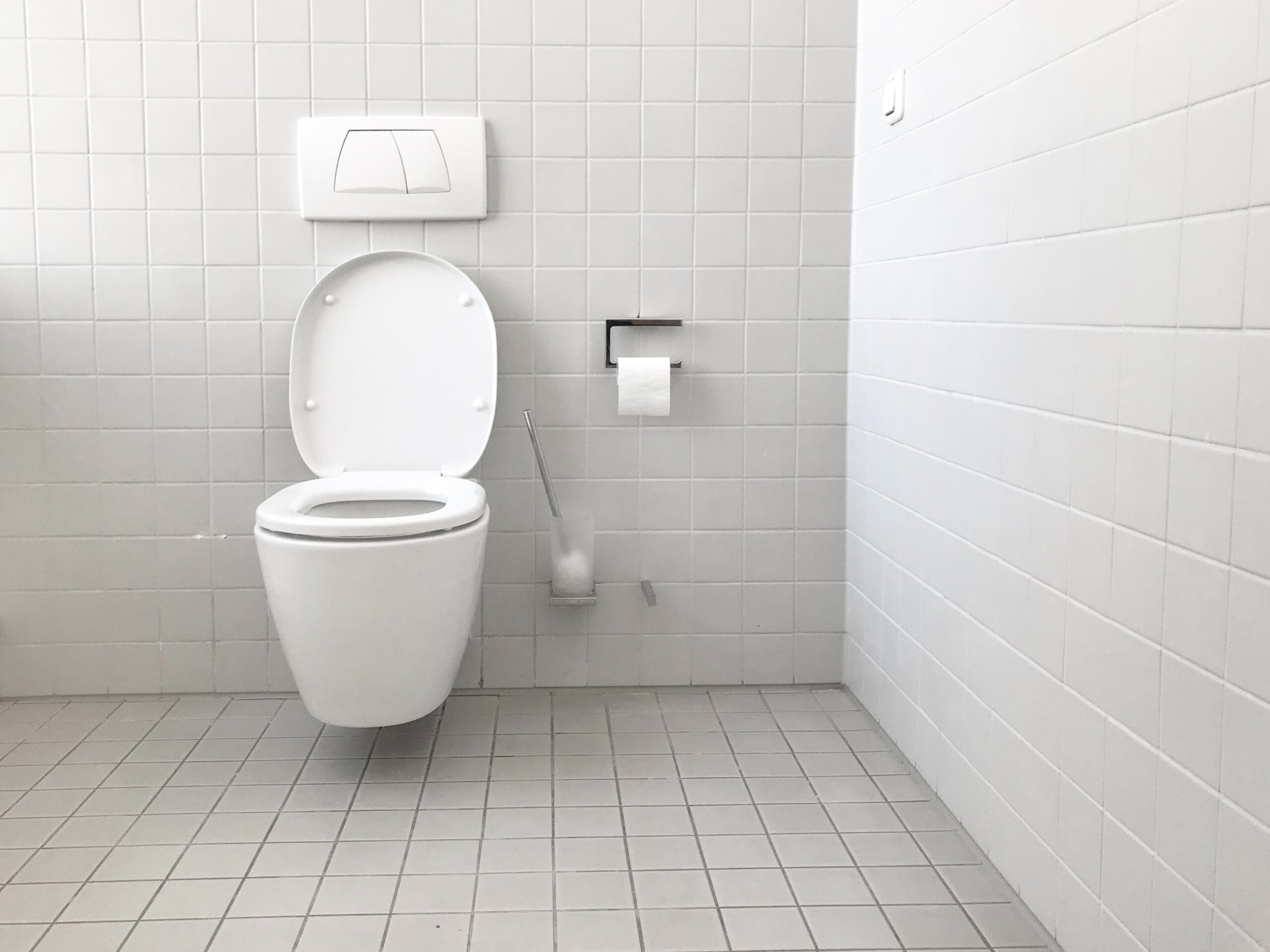
Cystitis does not typically cause additional health problems unless it is untreated. Timely diagnosis and treatment with medicines significantly reduce the risk of severe complications. But if cystitis is diagnosed late or ignored, the following health conditions may develop:
Less commonly, cystitis may lead to:
If you are experiencing a bladder infection, contact your healthcare provider immediately. Your doctor will ask about your symptoms and medical history and request a urine sample to perform necessary tests. These tests usually include urine culture and urine analysis:
Your healthcare provider may order additional tests if you keep getting bladder infections. These tests may include:
The most common form of cystitis – bacterial cystitis – can be cured with antibiotics![]() . Symptoms usually improve quickly within a few days after starting the treatment. It is crucial to finish the entire course of antibiotics as a doctor advises, even if there are no signs of cystitis left. The antibiotic course length usually depends on the type of bacteria that caused cystitis and if it is a recurring infection.
. Symptoms usually improve quickly within a few days after starting the treatment. It is crucial to finish the entire course of antibiotics as a doctor advises, even if there are no signs of cystitis left. The antibiotic course length usually depends on the type of bacteria that caused cystitis and if it is a recurring infection.
For women past menopause, a recommended treatment is sometimes a vaginal cream that contains estrogen. However, this strategy may not be advised if there is a risk that vaginal estrogen will trigger other health issues.
There are several things you can do to relieve the symptoms of cystitis at home:
Some symptoms that may develop due to cystitis are more concerning than others and indicate a severe medical condition. Ask for an urgent appointment with your healthcare provider if you experience the following symptoms:
Most people with bladder infections recover after the entire course of antibiotics. However, the outlook of cystitis depends on several factors, including the severity of symptoms, other medical conditions, type of cystitis, and whether it was diagnosed early or late.
While it's not always possible to prevent cystitis completely, there are steps you can take to reduce your risk of developing it. Here are some tips:

Cystitis is a common bladder infection often caused by bacteria. It primarily affects women due to their shorter urethra. Its main symptoms include frequent urination, the need to urinate even after emptying the bladder, and abdominal pain. If left untreated, cystitis can lead to kidney infections and other complications.
Types of cystitis include bacterial, foreign body-induced (often due to catheter use), radiation-induced (resulting from cancer treatment), drug-induced (linked to certain medications like chemotherapy drugs), and chemical cystitis (triggered by sensitivity to specific chemicals).
Diagnosis involves urine analysis and culture, with additional tests for recurrent cases, including imaging and cystoscopy.
Treatment typically involves antibiotics, lifestyle changes, and home remedies like cranberry juice, heating pads, and NSAIDs. Emergency medical attention is necessary for severe symptoms like visible blood in urine, high fever, confusion, or severe pain.
Table of Contents
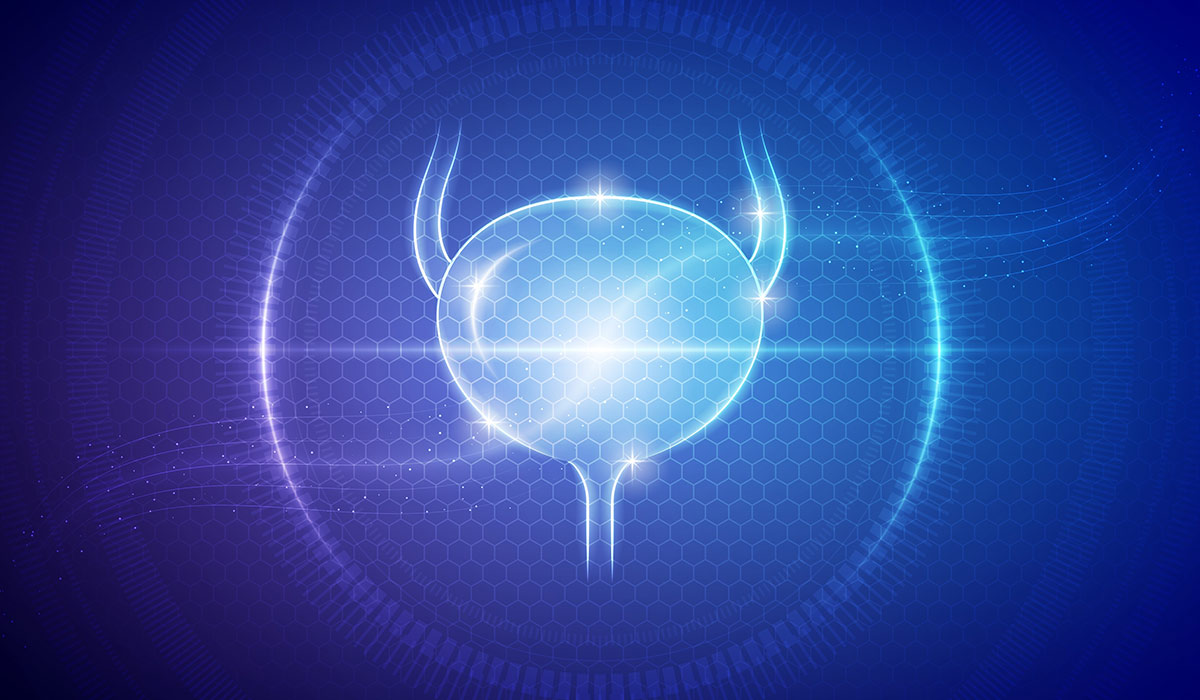
Of the many urinary tract diseases, the entity with the most unclear aetiology and difficult to diagnose is interstitial cystitis.… read more »
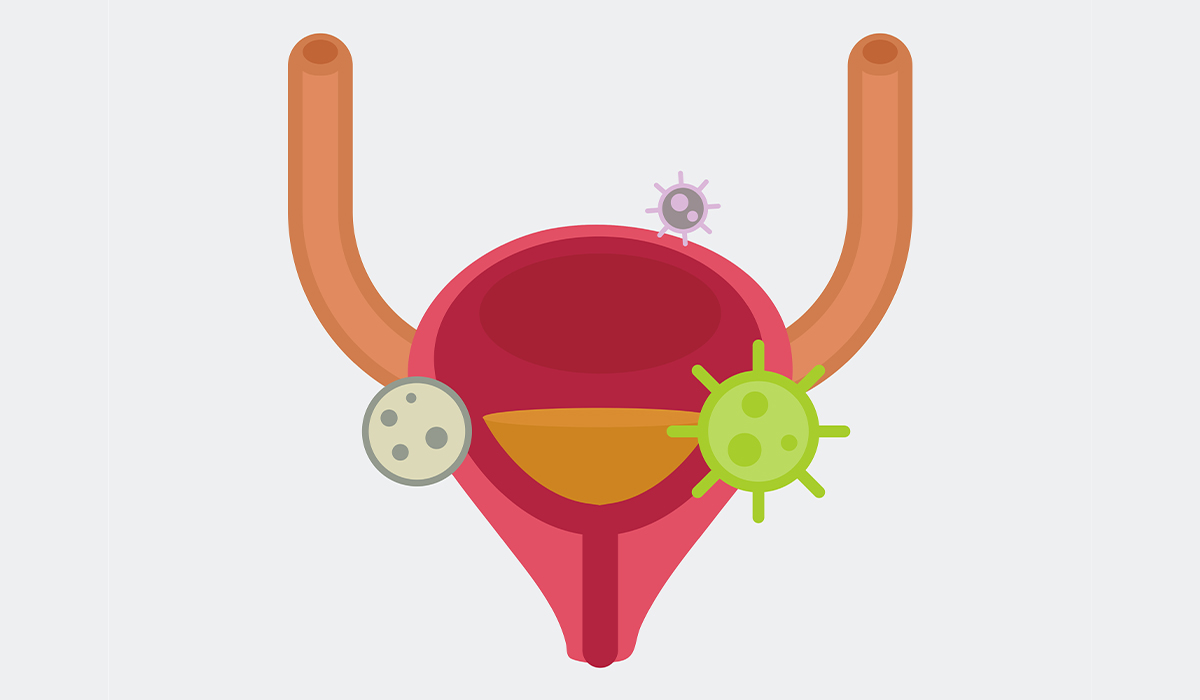
A bladder infection, also known as cystitis, is a type of urinary tract infection that occurs when bacteria enter and… read more »
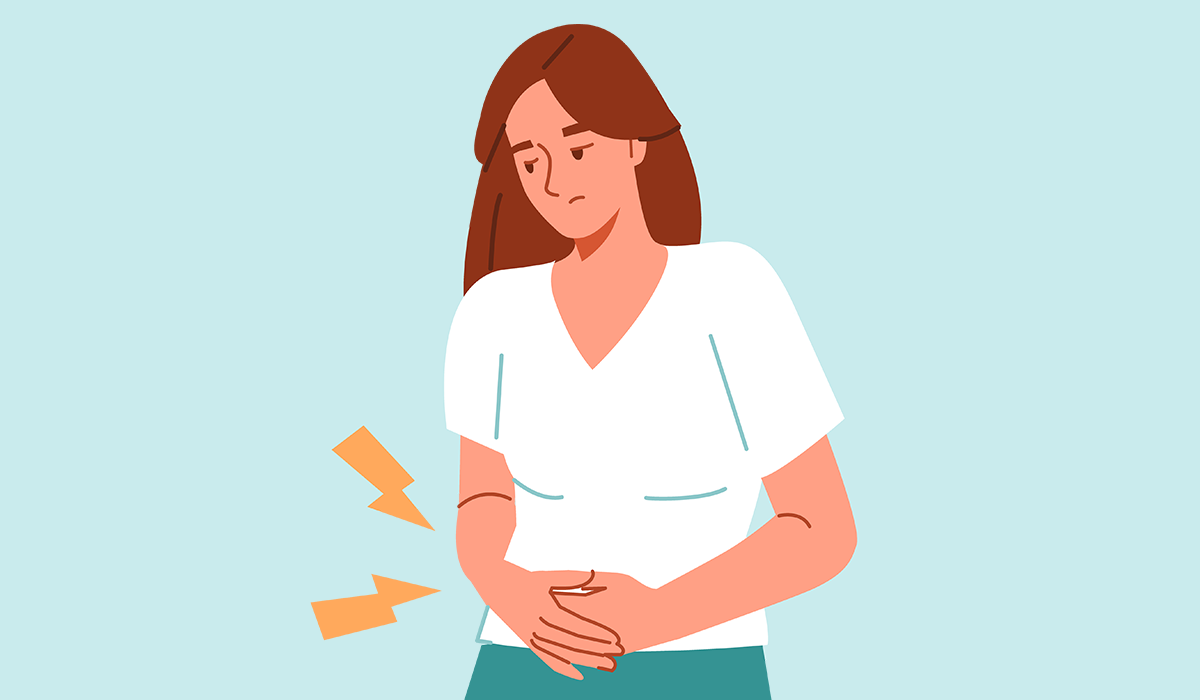
Bladder pain, regularly called bladder pain syndrome (BPS) or interstitial cystitis (IC), is a confusing and sometimes exceptionally genuine condition.… read more »
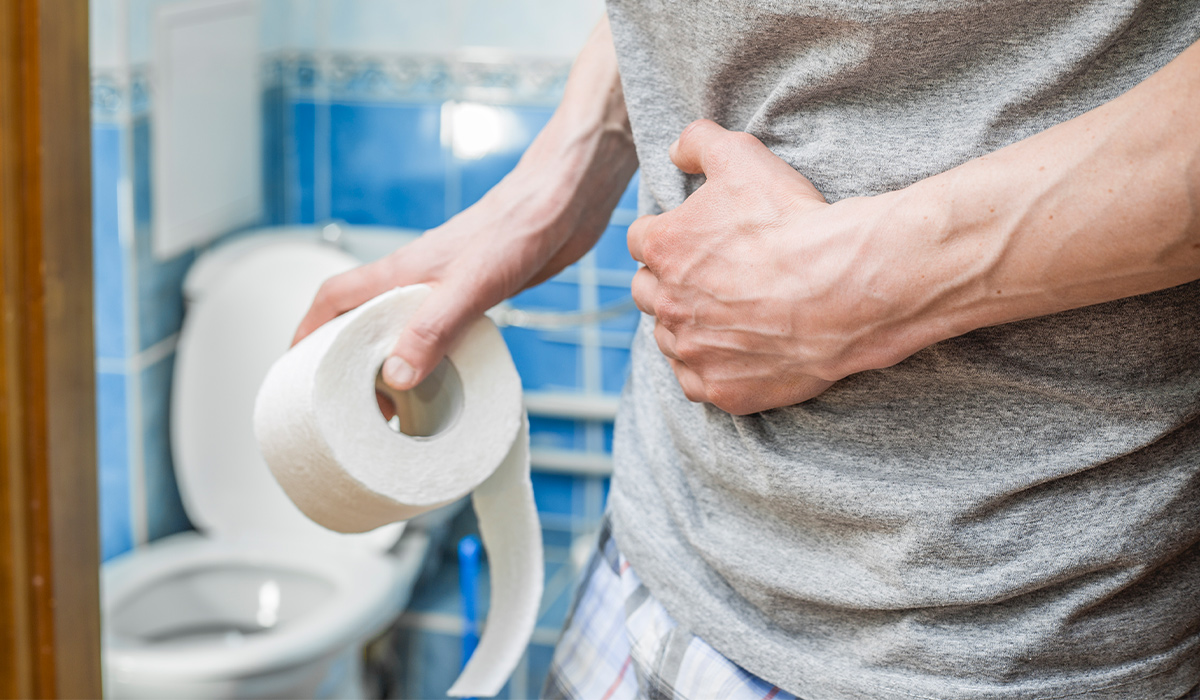
A UTI is a urinary tract infection. They are most often caused by bacteria. Infection may be limited to bladder… read more »
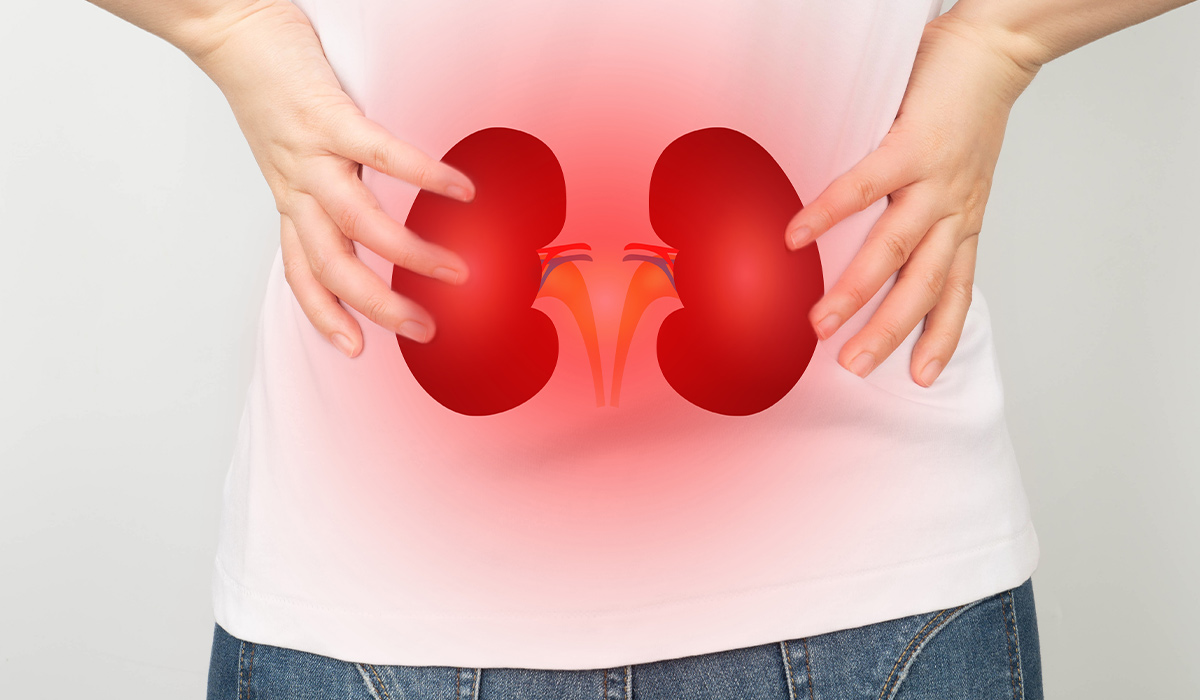
Kidney infections are a heterogeneous group of diseases characterized by inflammation of one or both kidneys. What are the symptoms… read more »
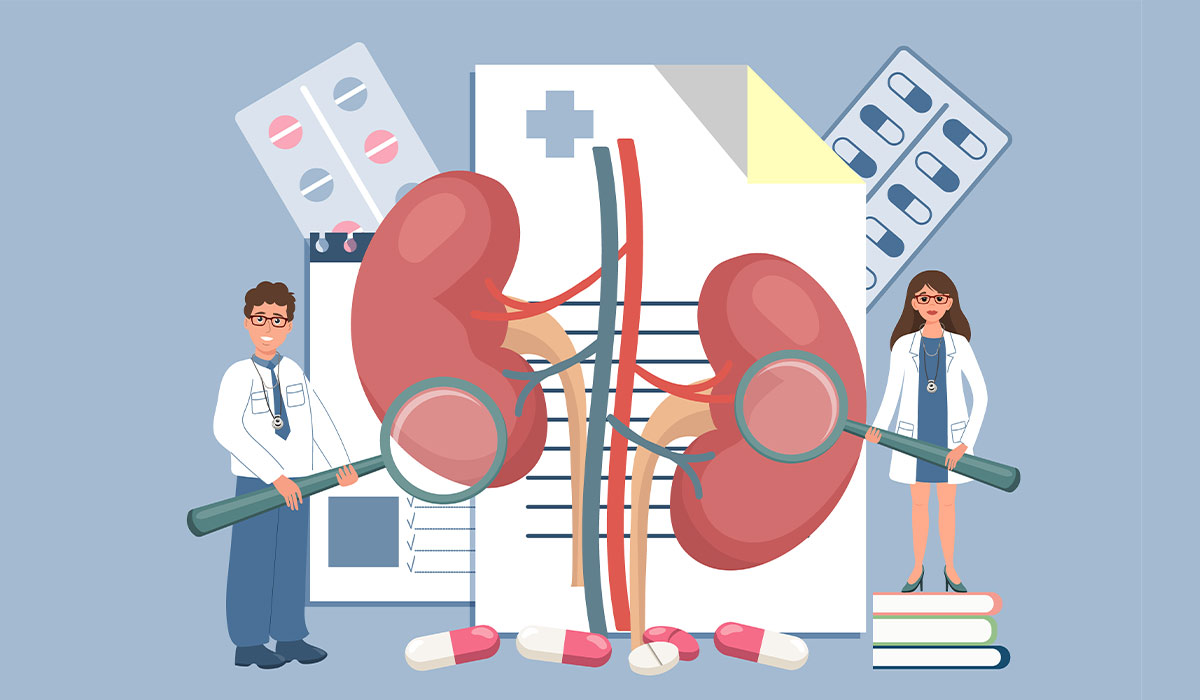
Hydronephrosis is a disease that can have serious complications. Find out how to recognise the condition so that appropriate treatment… read more »
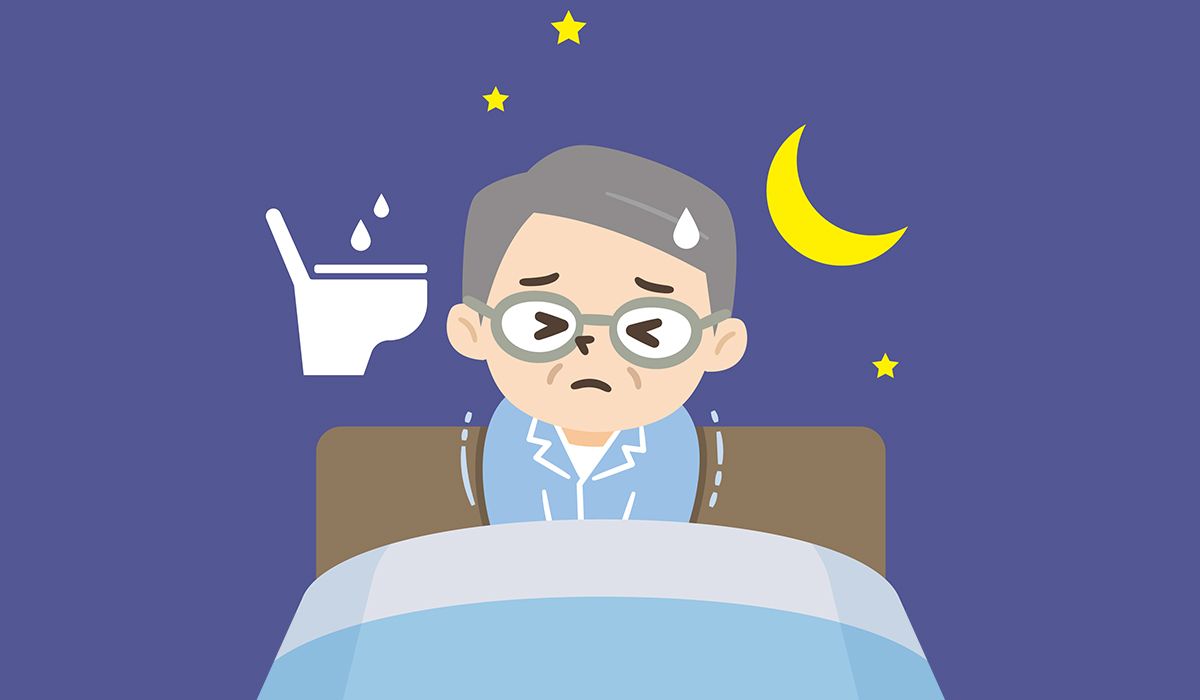
Frequent urination implies that an individual needs to pee more frequently than normal. That can mess up their day-by-day exercises… read more »
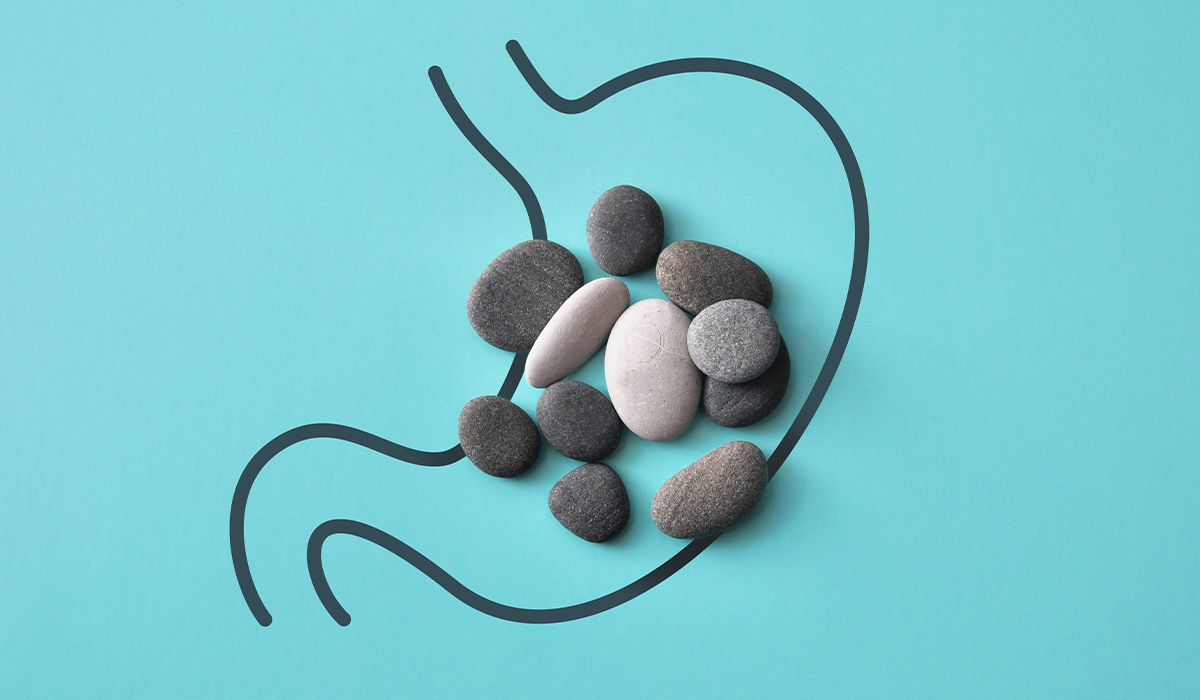
Kidney stones can form for a variety of reasons. Learn about factors that increase the risk of kidney stones. See… read more »
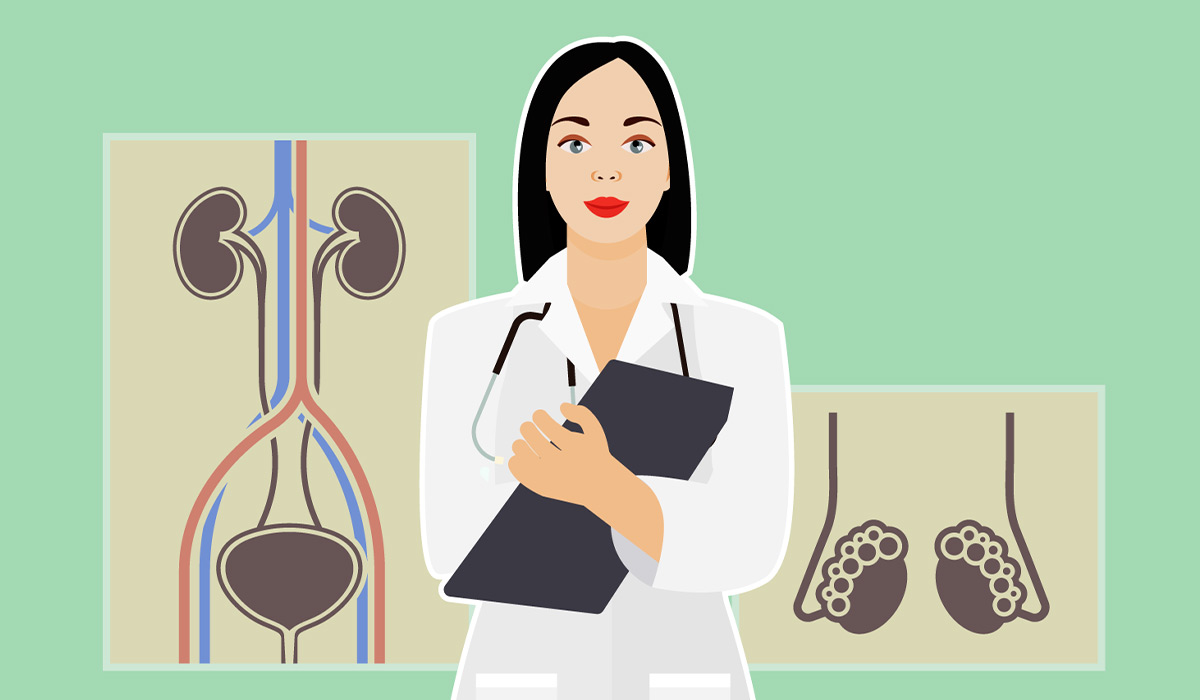
An urologist is a doctor who specializes in the conclusion, administration, and research of issues relating to the male reproductive… read more »